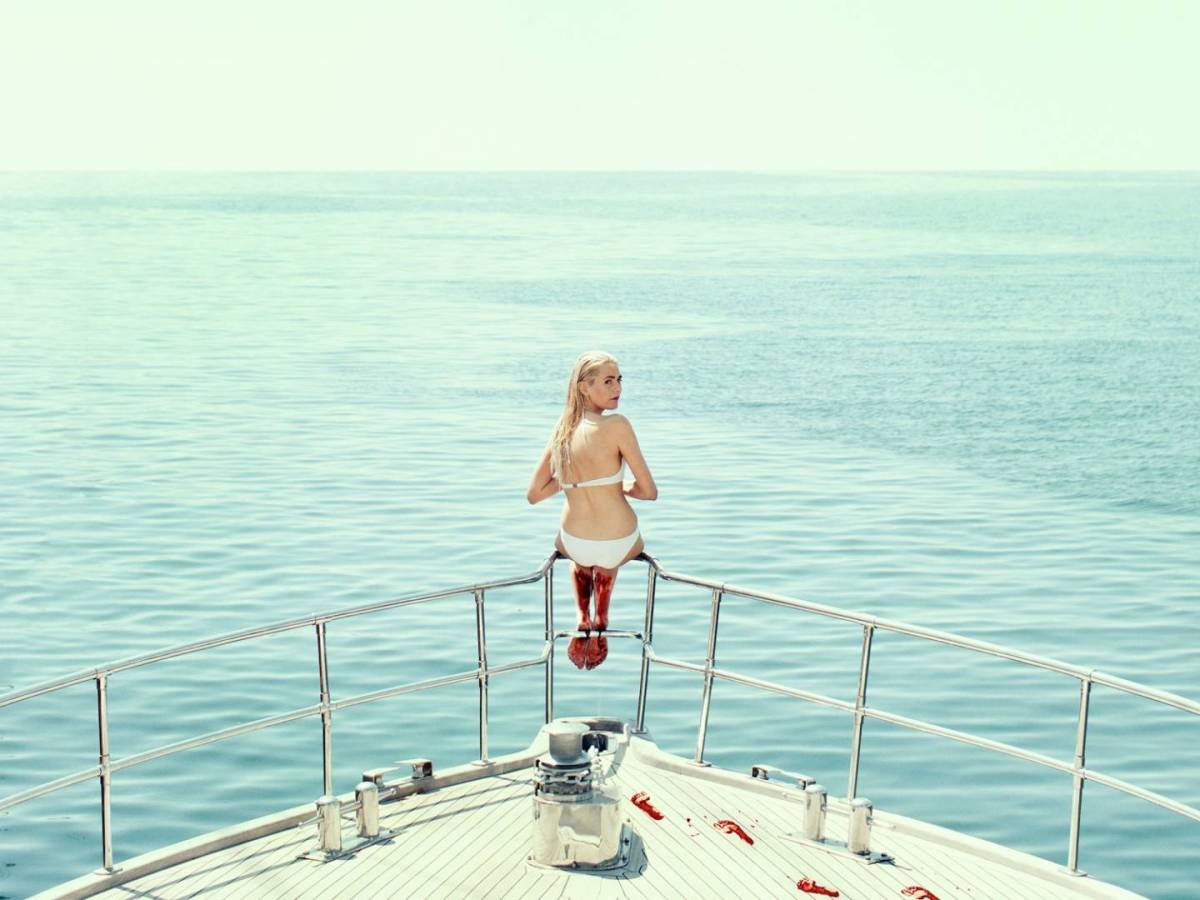They streamed from the theatre in disgust. The year was 1990, and the Vancouver International Film Festival had elected to give Henry: Portrait of a Serial Killer its B.C. premiere, triggering outrage from viewers who didn’t care to see Michael Rooker packing his dismembered girlfriend into a suitcase. Paraphrasing Nick Hornby, who watched a similar phenomenon unfold in London, “What did people expect? It isn’t called Henry: Portrait of an Elephant.”
Like any good film festival, VIFF brings a lot of classy product to the city while keeping its margins open for a good ruck. Headlining this year’s Altered States program, Lars Von Trier’s The House That Jack Built reportedly makes mincemeat out of Henry, offering a portrait of a serial killer so unremittingly vile that it had people vomiting into their hands at Cannes. Isabella Eklöf sure liked it, though.
“He’s so ill, all of his films are so flawed, but they’re still great art,” says Von Trier’s fellow Dane, calling the Georgia Straight from Copenhagen. “The House That Jack Built is cold and clinical, and really boring sometimes, but what I realized is that, shit, for the first time in my life, I feel like I’ve been inside the mind of a sociopath.”
Interestingly, Eklöf pointedly ignores the inner lives of the characters in Holiday, her debut feature and one of the titles besides Jack most likely to keep VIFF’s complaints department working late this year. In contrast to the kind of psychological narrative Eklöf deems “cheap, pointless, even dangerous”, Holiday simply observes opaque, waifish Sascha (Victoria Carmen Sonne) as she meanders around a high-end Turkish vacation spot at the pleasure of her loathsome drug kingpin boyfriend, Michael (Lai Yde). She drops mollies, flirts with other men, admires her own reflection, and appears largely unmoved by the escalating brutalities Michael visits on those around him, herself included.
But the film isn’t an indictment of its characters. As Eklöf states in her own press notes, Holiday is “a film about materialism”, bathed in the ironic glow of a sun-drenched Turkish holiday resort, with a detachment that turns from unnerving to unbearable once we arrive at the film’s most talked-about scene: a graphic rape captured in a single unflinching take, complete with cords of flying jism. Eklöf reports that she was accosted by screaming audience members after a screening in Sweden.
“I think that strong reaction partly has to do with the simple fact that there’s an erect cock in the film,” suggests the filmmaker. “And it was a very silly argument. ‘We already know he’s an asshole, so why do you have to show it?’ The reasoning is just so odd. That’s not why the scene is there. Not at all!”
At the risk of seeming flip, it’s worth remembering here that the dick isn’t real, Eklöf concocted the semen herself out of icing sugar, and that Holiday is just a film—albeit the work of a fierce new talent who seems driven, on some level, to troll the more squeamish or puritanical filmgoer. That stiff member is no big deal in Denmark, Eklöf notes, chuckling as she remarks, “Von Trier has been slowly building this whole ‘Let’s see more male genitalia’ thing for years. To me, it’s a feminist thing. I like to look at cock, you know? I think they’re beautiful, so why can’t I?”
More to the point, Holiday is also an intensely moral work. Take away the sexual violence and it would still unsettle the viewer. Its very form challenges the way we’ve come to receive commercial cinema itself, smuggled through a fable about the corrosive effects on humanity of late-stage capitalism.
“Some people have never seen a so-called sociological film before and they don’t know how to decode it,” Eklöf says. “I get that. It’s one step at a time. Maybe next time they see a film like this, it’s easier for them to decode.”
So the long game here is deconditioning the viewer?
“Yeah,” she replies with a laugh. “It’s the master plan!”
Published September, 2018
